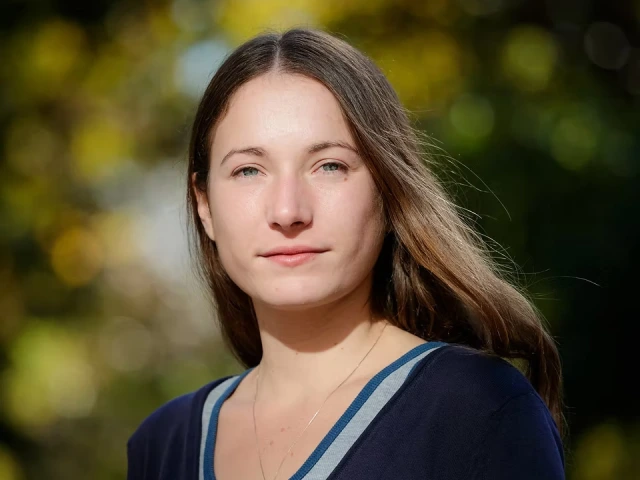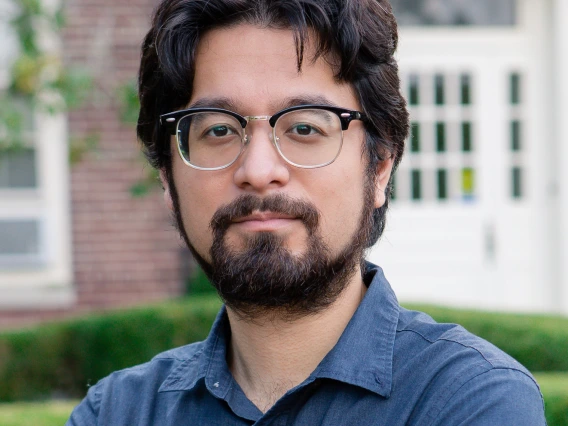Computation & Data Initiative
The TAP Computation and Data Initiative (CDI) brings together computation and data scientists with astrophysicists to push the forefront of and accelerate discovery in theoretical astrophysics. The Initiative provides a platform for researchers from different disciplines to collaborate, share resources, develop new methods, and apply them to important problems. It also trains students to become the new generation of “computation native” scientists. Key projects supported by the CDI include uncovering the detailed plasma physics around black holes and testing Einstein’s general theory of relativity by general relativistic simulations and the Event Horizon Telescope (EHT), as well as understanding AGN variability and feedback through cosmological simulations and the Legacy Survey of Space and Time (LSST).
Join the Computation & Data Mailing List
For meeting times and locations, contact theComputation & Data Initiative Leads, Chi-kwan Chan or Ann Zabludoff.
Upcoming Computation & Data Initiative Lectures
Upcoming CDI Computational Training Workshops
Affiliated Research Groups

The Zabludoff Group
Millions of astrophysical transients---such as the supernova, gamma ray burst counterpart, and stellar tidal disruption event pictured below---will be detected every night with the Rubin Observatory's Legacy Survey of Space and Time (LSST). My collaborators and I are working on using AI to classify these sources at the moment of their discovery, thereby directing the world's telescopes to conduct follow-up observations before the most interesting sources fade away (see https://ui.adsabs.harvard.edu/abs/2023ApJ...942...29K/abstract).
With AI, we are also interested in greatly improving the search, synthesis, and visualization of scientific literature, which the National Academies recently defined as a Grand Challenge for Science and AI. In particular, we are developing an agentic AI system to optimize the speed and accuracy of searches and to instantly craft useful visualizations of the results. We then want to combine such literature mining with causal AI methods to generate new hypotheses (see https://youtu.be/EAB_RnWAntg?si=7levL0bnGMZWNbXc).

The Chan Group
We develop and apply advanced numerical algorithms and machine learning techniques to tackle some of the most challenging problems in astrophysics, from simulating turbulent plasma to capturing dynamic "movies" of black holes. Our work spans observation, data processing, and simulation, with particular emphasis on sources studied by the Event Horizon Telescope (EHT). By combining cutting-edge observations with high-fidelity computational modeling, we probe black hole astrophysics and extreme gravitational physics. Our efforts push the limits of how precisely black hole properties can be measured and how rigorously general relativity can be tested, while training students and collaborators to work at the forefront of astronomy, physics, computational science, and data science.






